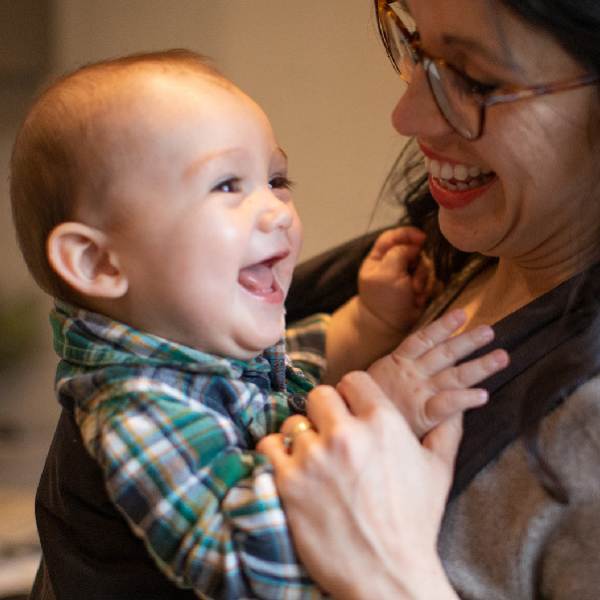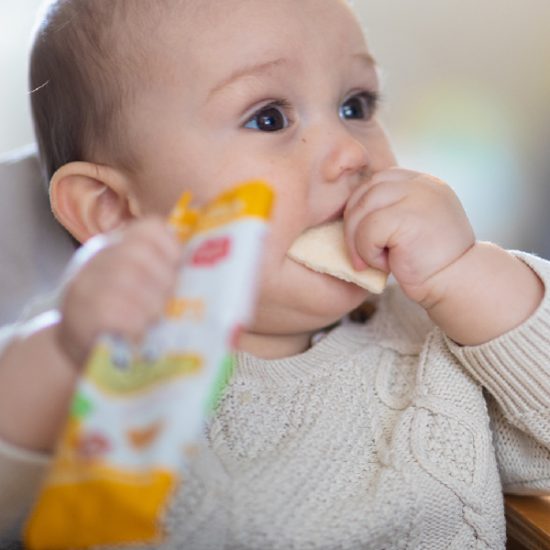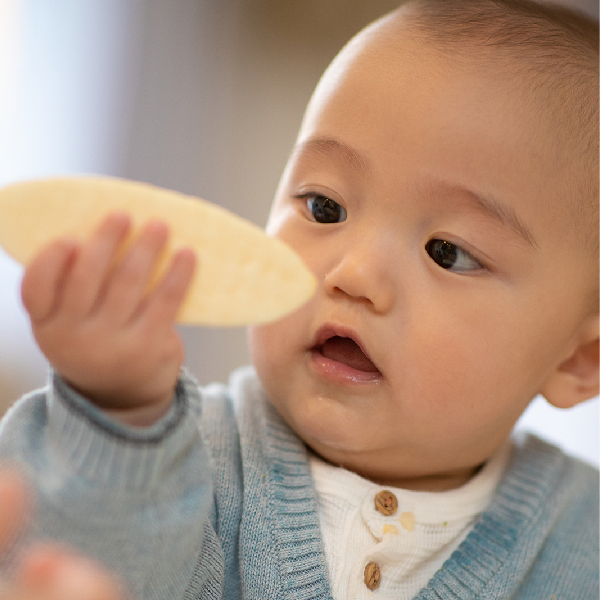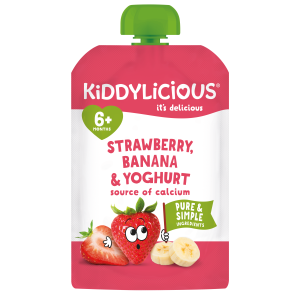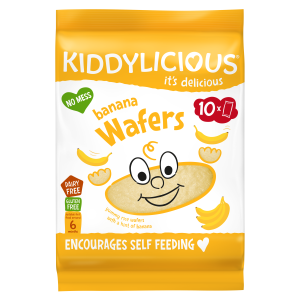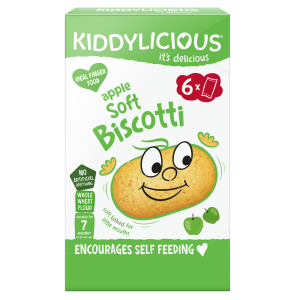The first year is vital to exposing little ones to new foods, flavours and textures. These early days are also about trying new textures whether that be from whole cooked or soft raw foods (if following the baby led weaning approach). Or if offering purees first, then your little one will progress from eating runny, thin and thicker purees through to mashed, lumpy, minced and chopped food.
These early days of offering first foods can be really apprehensive and scary for us as parents. However it’s good to remember that gagging is a natural reflex that happens when there’s a risk of choking. They are learning lots of new skills, particularly how to chew, swallow, and how much food to take into their mouth in one go. To minimise risk of choking, ensure to cook food well so it’s a soft texture and cut into suitable sized pieces (e.g. halve grapes and cherry tomatoes) and always stay with your baby at meal times whilst they’re eating.
Also I’d recommend doing a first aid course for babies and children to further put your mind at rest at this time.




